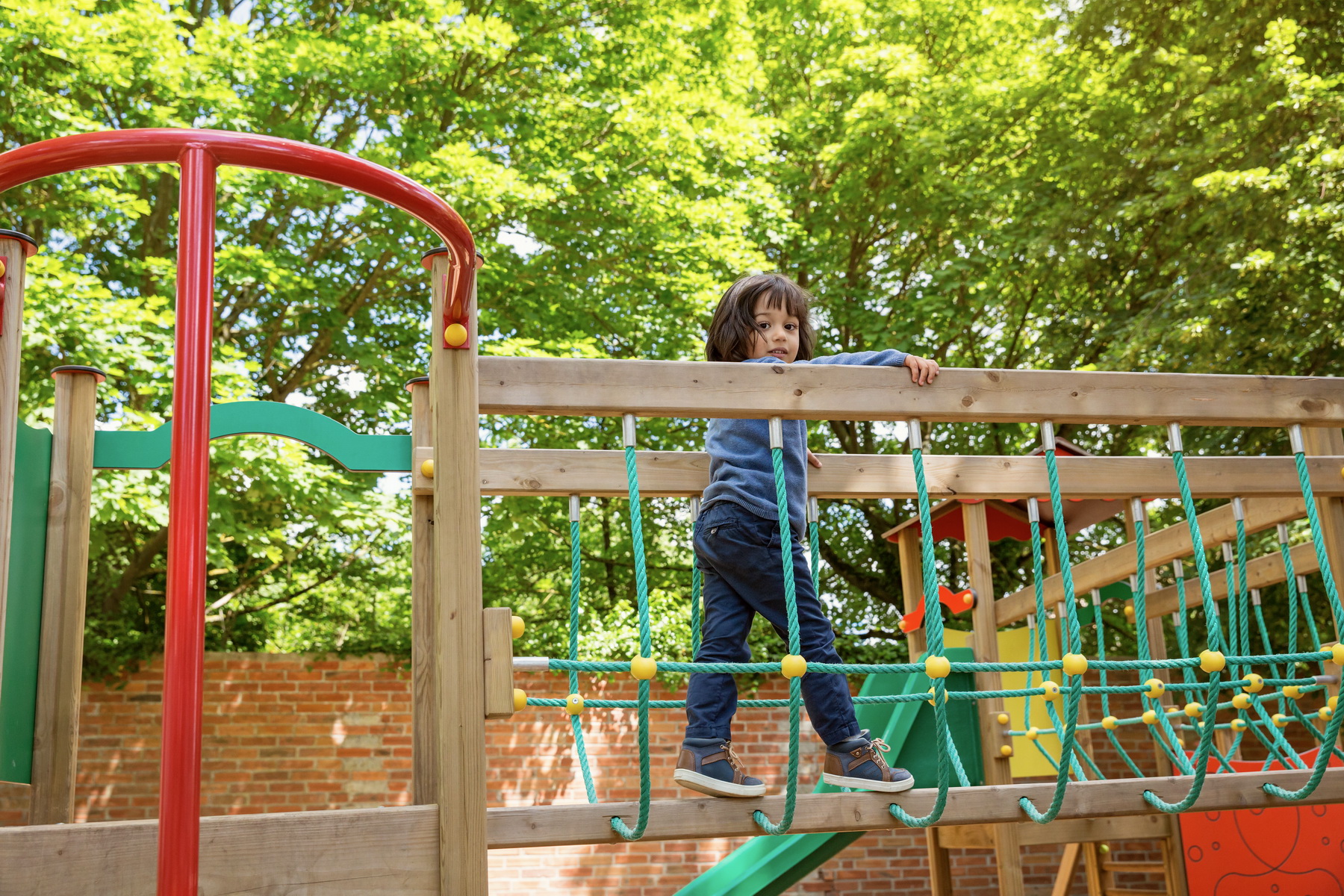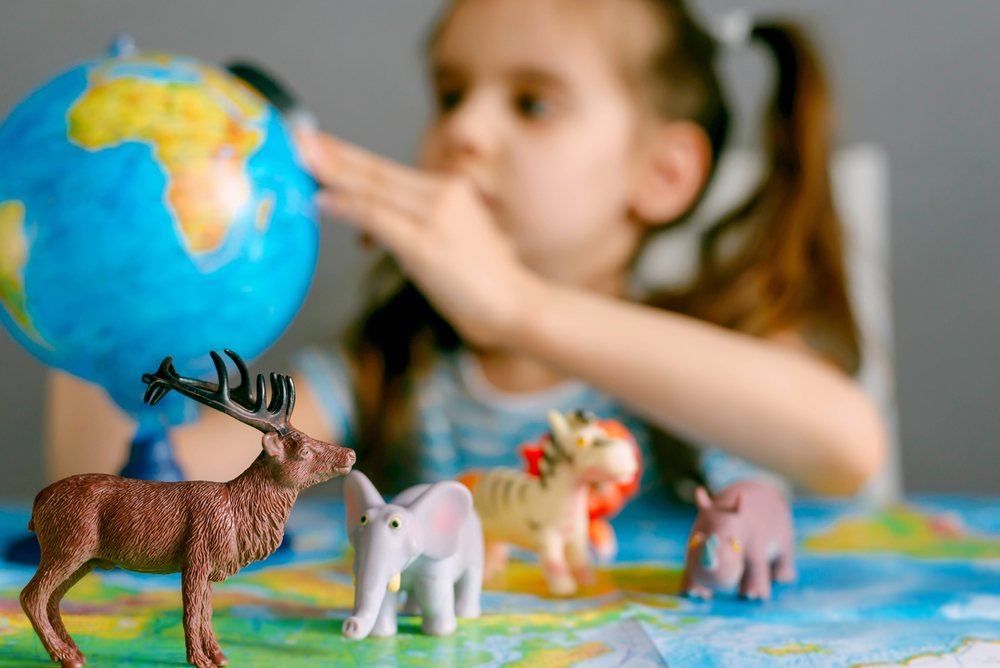Map reading skills Normal Social Studies Worksheets for Ages 7-8
5 filtered results
-
From - To
Enhance your child's map reading abilities with our engaging Social Studies worksheets designed specifically for ages 7-8. These normal worksheets focus on essential map skills, helping young learners understand key concepts like direction, scale, and symbols. Each activity is tailored to foster critical thinking and improve spatial awareness through fun, interactive exercises. As children explore maps, they’ll develop confidence and independence in navigating their surroundings. Perfect for classroom use or at-home learning environments, these worksheets offer a comprehensive way to support your child's understanding of geography while making learning enjoyable. Explore the world together—start developing map reading skills today!
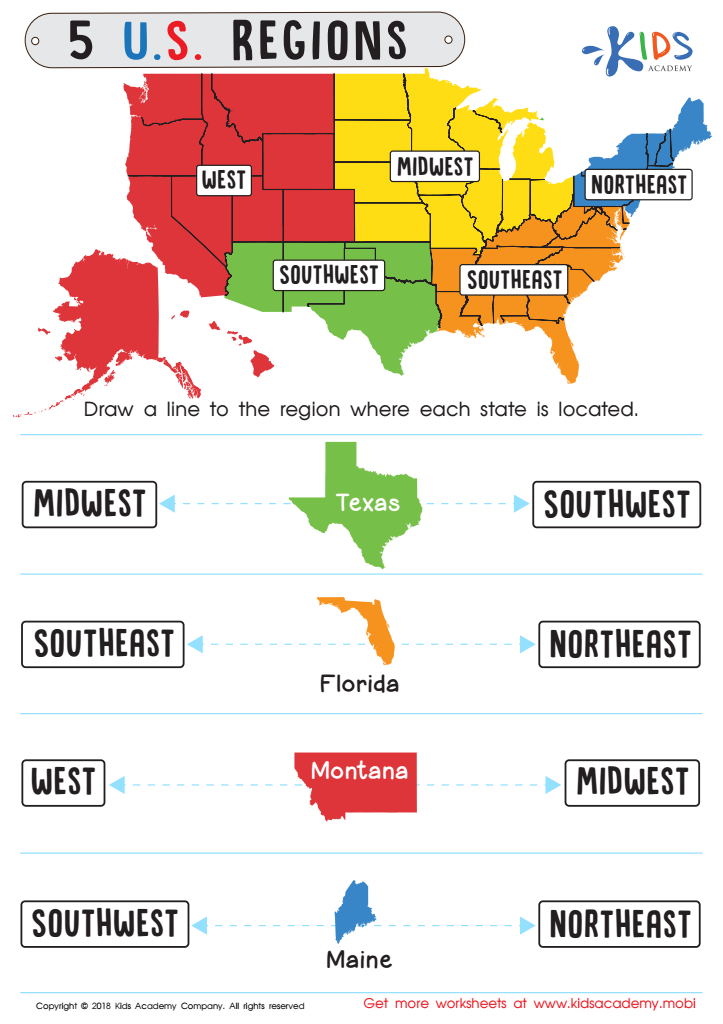

5 U.S. Regions Worksheet
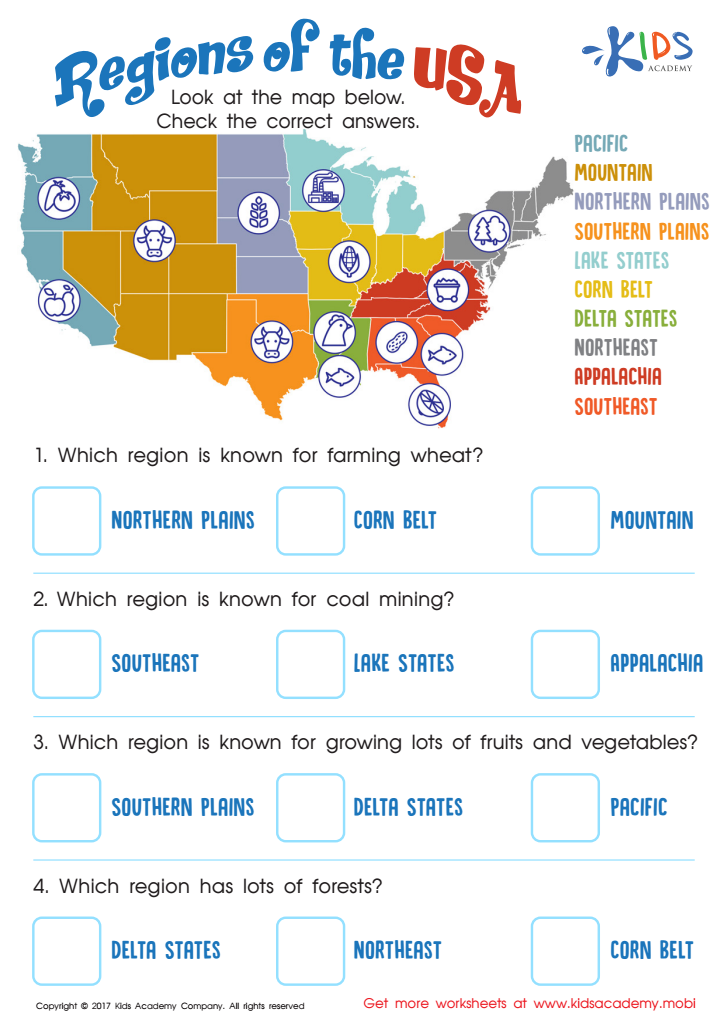

Regions of the USA Worksheet
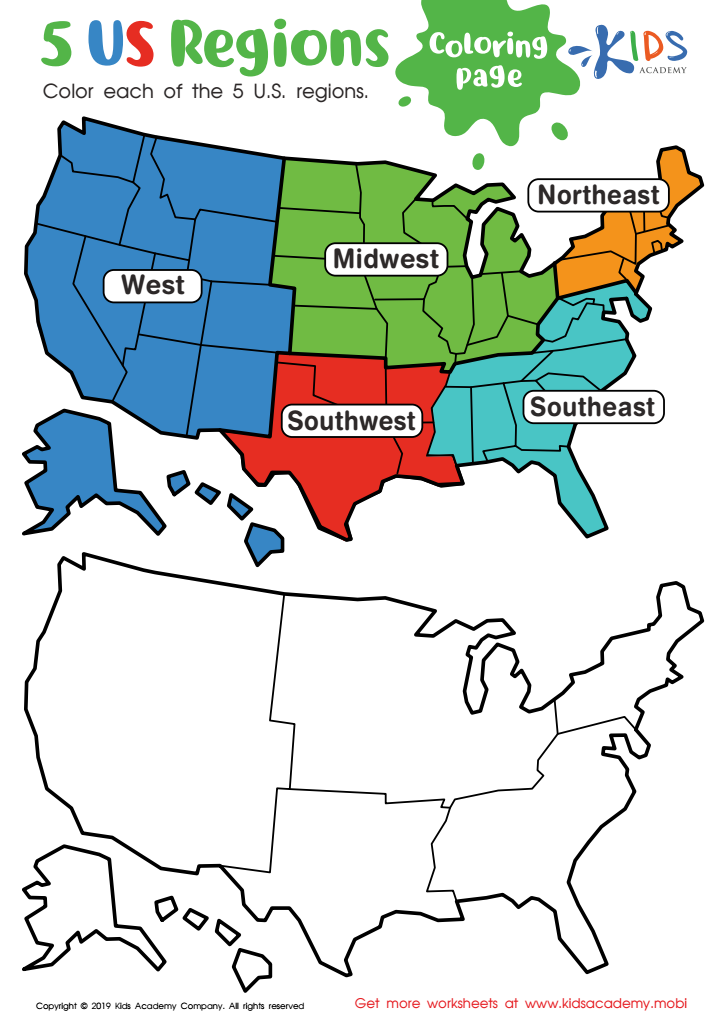

US Regions Coloring Page Worksheet
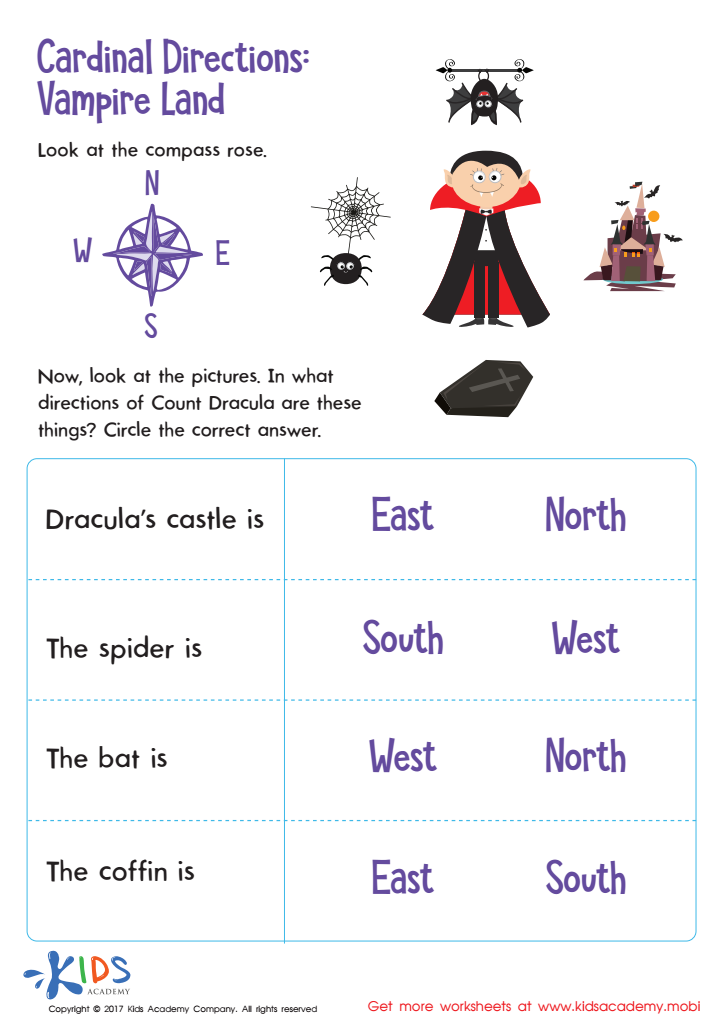

Cardinal Directions Printable
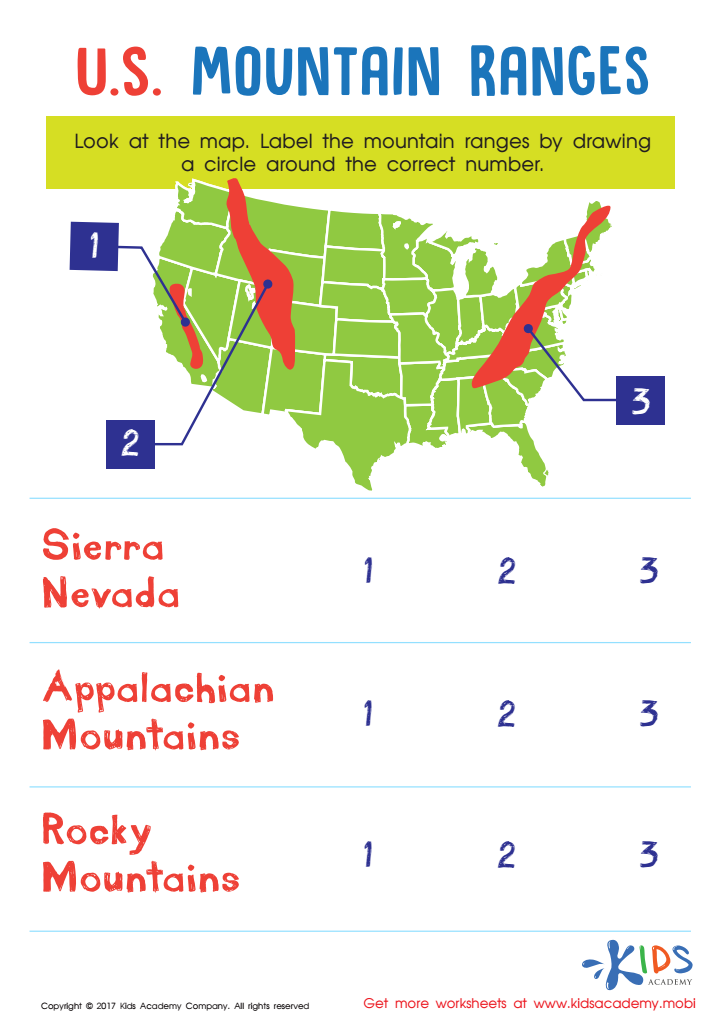

US Mountain Ranges Worksheet
Map reading skills are essential for children aged 7-8, forming a foundational part of their social studies learning. Understanding maps enhances spatial awareness and critical thinking, allowing children to better locate places, comprehend information, and develop navigation skills that are vital for real-life experiences. These skills empower young learners to explore their environment, making connections between the maps and their own community.
Moreover, map reading fosters curiosity and encourages a sense of adventure, motivating students to learn about geography, culture, and history. This not only supports their academic growth in social studies but also instills valuable life skills. For parents and teachers, nurturing these skills can guide discussions about local landmarks, historical sites, and even global awareness, helping children appreciate their world.
Furthermore, enhanced map skills can boost confidence and independence as children engage in activities such as family outings or school field trips, where navigation plays a key role. By investing in map reading education, parents and teachers assist in developing competent learners who can thrive in a technology-driven world that increasingly relies on geographical understanding and location-based services. Ultimately, fostering these abilities contributes to well-rounded individuals prepared for future educational and social challenges.
 Assign to My Students
Assign to My Students





